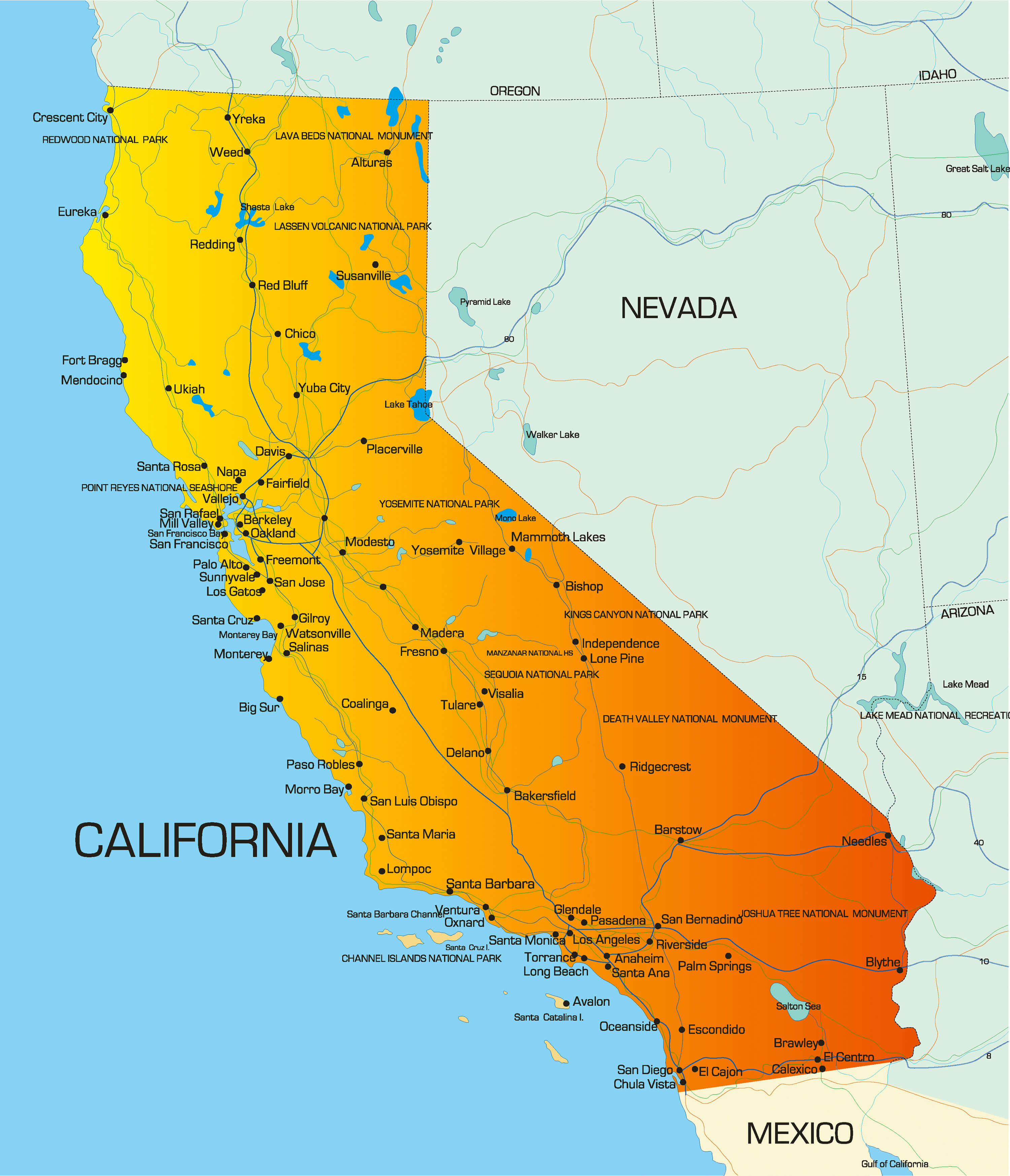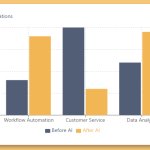Hustler Words – California Governor Gavin Newsom has officially signed Senate Bill 53 (SB 53) into law, marking a pivotal moment in the regulation of artificial intelligence. This groundbreaking legislation establishes California as the first state in the nation to mandate stringent transparency requirements for major AI corporations.
SB 53, which garnered approval from the state legislature just weeks prior, compels leading AI labs – including industry giants like OpenAI, Anthropic, Meta, and Google DeepMind – to disclose their internal safety protocols. Furthermore, the bill provides crucial whistleblower protections for employees within these organizations, safeguarding those who report potential risks or unethical practices.

Beyond transparency and employee protection, SB 53 establishes a formal mechanism for AI companies and the public to report critical safety incidents to California’s Office of Emergency Services. This includes incidents involving crimes committed without human intervention, such as sophisticated cyberattacks, and deceptive behaviors exhibited by AI models that fall outside the scope of the European Union’s AI Act.

Related Post
The AI industry’s response to SB 53 has been divided. While some firms have voiced concerns that state-level AI policies could create a fragmented regulatory landscape that stifles innovation, others, like Anthropic, have publicly endorsed the bill. Meta and OpenAI actively lobbied against its passage, with OpenAI even publishing an open letter urging Governor Newsom to reconsider signing SB 53 into law.
This legislative action comes against a backdrop of significant financial investment from Silicon Valley’s elite into super PACs that support a less restrictive approach to AI regulation. Leaders from OpenAI and Meta have recently launched pro-AI super PACs aimed at backing candidates and legislation favorable to the AI industry.
Despite the opposition, California’s move could serve as a model for other states grappling with the potential risks associated with the rapid advancement of AI. New York, for example, has a similar bill awaiting Governor Kathy Hochul’s signature or veto.
"California has proven that we can establish regulations to protect our communities while also ensuring that the growing AI industry continues to thrive," Governor Newsom stated. "This legislation strikes that balance. AI is the new frontier in innovation, and California is not only here for it – but stands strong as a national leader by enacting the first-in-the-nation frontier AI safety legislation that builds public trust as this emerging technology rapidly evolves."
Governor Newsom is also considering SB 243, a bill that has received bipartisan support and aims to regulate AI companion chatbots. This bill would require operators to implement safety protocols and hold them legally accountable if their bots fail to meet these standards.
SB 53 represents Senator Scott Wiener’s second attempt at AI safety legislation, following Governor Newsom’s veto of his more comprehensive SB 1047 last year. In crafting SB 53, Senator Wiener engaged with major AI companies to address their concerns and incorporate their feedback into the bill.










Leave a Comment